India
Arnold Mutombo Muamba is a 29-year-old Congolese IT student, who has been living in the Indian capital of New Delhi since 2011.
And like many other Africans living in the country, he refuses to give in to fears of racist attacks, like the one suffered by one of his friends who was recently beaten and insulted by security guards.
“They took our friend to the basement. They beat him up. He sustained two fractures and is going to stay out of class for at least a year,” he says.
Nearly 30,000 Africans living in the Indian capital can tell tales of regular harassment and humiliations that they suffer daily.
The situation has prompted the Indian foreign ministry to launch an “awareness campaign” in neighborhoods inhabited by Africans.
“We urge everyone to contact the police at the slightest incident. We will be there, and we will try to resolve things without going through legal action, in minor cases or where there are misunderstandings,” says New Delhi’s senior police chief.
Tension has risen in recent weeks after the killing of a Congolese student late May in the capital. An episode that has left only traces and forced most Africans to leave the neighborhoods.
Indian Prime Minister Narendra Modi is currently on a four-nation tour of southern Africa, as he attempts to amend ties in the Indo-African relationship.




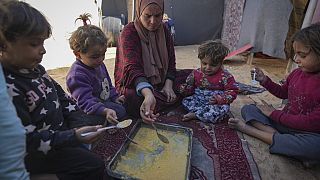
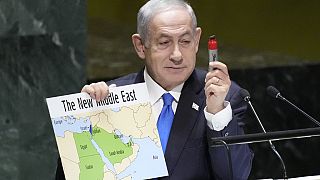

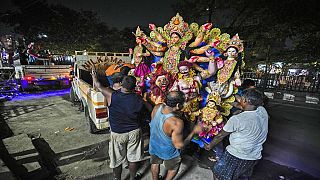
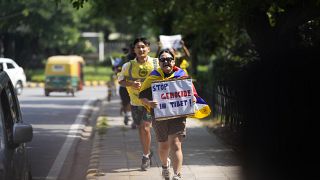
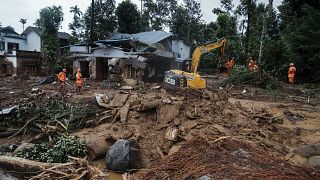


01:37
Record participation at 24th Sofi Great Ethiopian Run
11:05
Africa's hight cost of climate change [Business Africa]
01:41
Brazilian footballer, Vinicius Junior, speaks out against racism in the sport
01:17
COP29 finance talks lag as the summit reaches its halfway mark
01:53
Nigeria and India pledge to strengthen defence, trade, development ties
01:38
COP29: What next for Africa's energy transition?